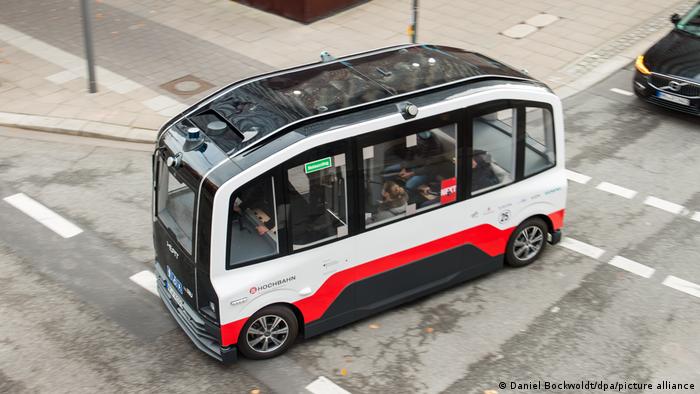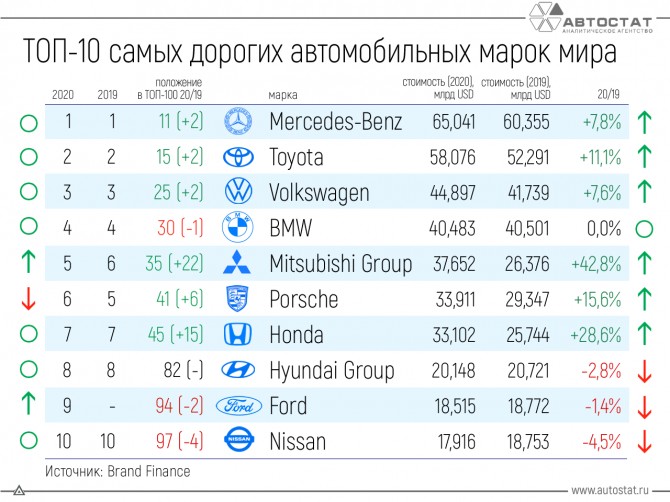
Germany may allow self-driving cars from 2022
Germany is working on legislation on autonomous vehicles on its territory, approving their movement on the streets, and not just in special test areas.
Germany is moving towards modernity, and proof of this is the close autonomous vehicle legislation domestically, as the country's transport ministry indicated that "initially, unmanned vehicles should be able to be deployed to certain operational areas," leaving open the possibility of a revolution in the region's public transport sector.
The foregoing is reflected in the document that will regulate the rules for the operation of unmanned vehicles, this document indicates that in urban conditions unmanned vehicles they could potentially be used to deliver and provide services, such as transportation services for company employees or transportation of people between medical centers and nursing homes.
The next step to make this new mode of transport a reality is create binding legal norms on autonomous driving, rules that still do not exist. For example, what specifications must autonomous vehicles meet, as well as regulations for where they can operate.
One of the benefits of this new autonomous transportation system, according to Yahoo Sports, is that people drive on the roads. The Ministry of Transport noted that "the vast majority of traffic accidents in Germany occur through the fault of a person."
Angela Merkel, the German Federal Chancellor shared during a meeting with the country's automotive leaders, who agreed to promulgate a law allowing Germany to become "the first country in the world to allow the regular operation of self-driving cars."
In addition to this law goal more, which consists of unmanned vehicles driving out onto regular roads Since 2022.
It should be noted that in June this year, about 50 countries, including EU member states, countries in Asia and Africa, signed the development of common rules for autonomous vehicles. The United Nations Economic Commission for Europe said in a statement that these are "the first binding international regulations on so-called Level 3 vehicle automation."
Level 3 is when driver assistance systems such as lane keeping are implemented, but the driver must be ready to take control of the vehicle at all times. Full automation is the fifth level.
**********

